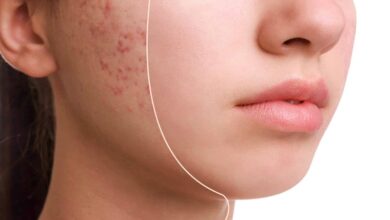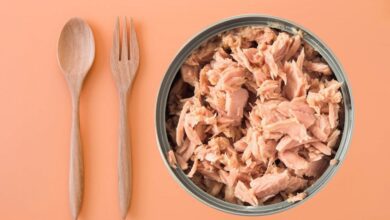The most important nutrients needed for those who suffer from dry eyes
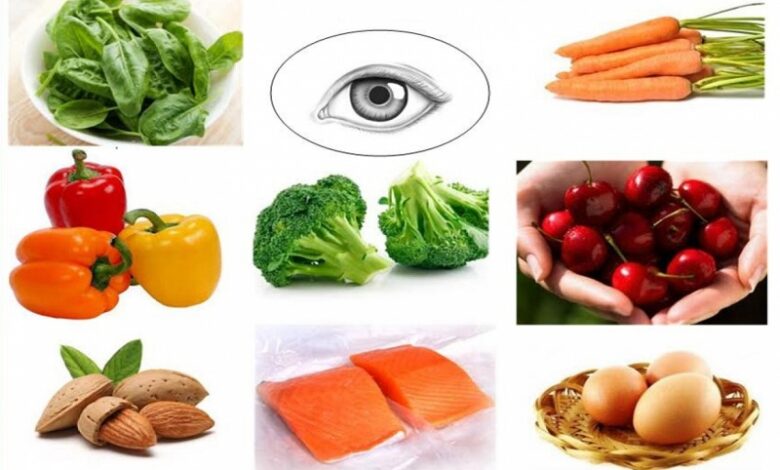
48
When adopting methods of care and care for the eyes, especially those suffering from dehydration, we must pay attention to the patterns of food consumed and the effective nutrients that work to support these disease conditions, in addition to medical advice from specialists. With further clarification, we decided to learn today, through our following lines, the most important and best effective nutritional elements that try to improve the health of the eyes if they suffer from dryness.
Dry Eye
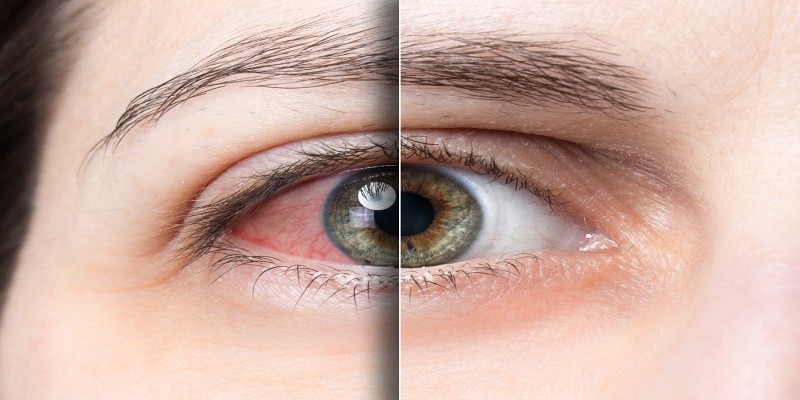

Dry Eye
Dry eye is a condition that affects eye lubrication, which may occur when the eye cannot produce enough tears, or evaporating tears are produced too quickly. It is worth noting that this leads to irritation and inflammation in the eyes and the feeling of many disease symptoms such as burning, redness, itching, and blurred vision.
Essential nutrients for people with dry eyes
First: Omega-3 fatty acids
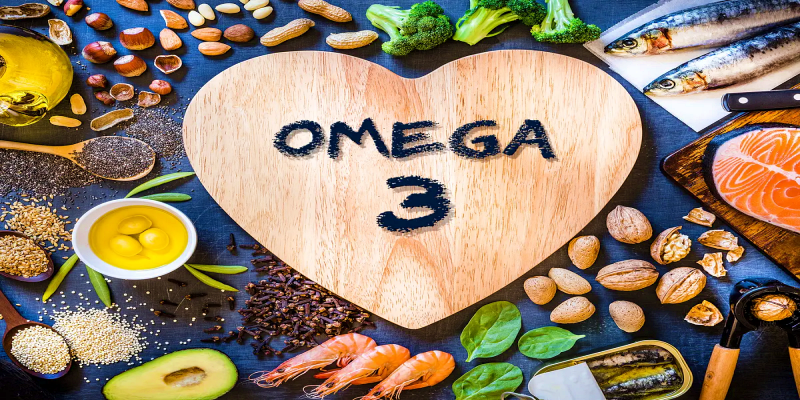

Omega 3 fatty acids
Omega-3 fatty acids provide many potential health benefits, including reducing chronic dry eye symptoms and maintaining overall eye efficiency. However, it should be noted that not all omega-3 fatty acids are beneficial. The discussion here focuses on eicosapentaenoic acid (EPA) and docosahexaenoic acid (DHA) only, especially when they are taken in doses determined by the specialist doctor.
It should be noted that these specific fatty acids are only found in fatty fish such as salmon, mackerel, tuna and sardines. However, for it to be effective, people with dry eyes must use nutritional supplements or adopt a diet that includes eating fish regularly.
Second: probiotics
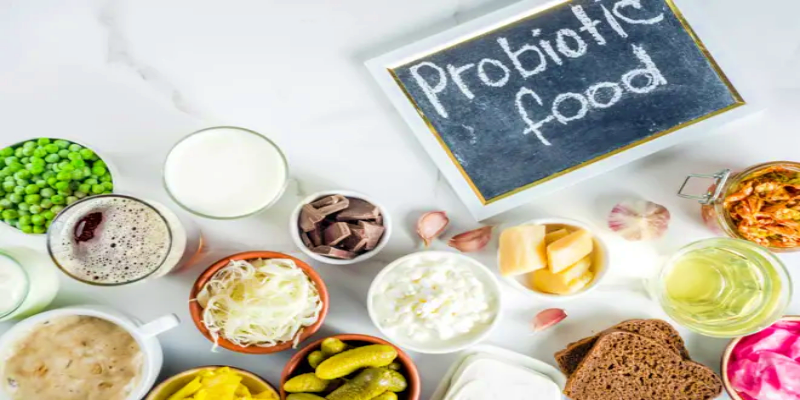

Probiotics
Probiotics are usually found in fermented foods or in the form of nutritional supplements. It is important to know that this element can play an important role in maintaining the health of the gut microbiome, which consists of millions of different bacteria and other organisms that support many different functions, including digestion.
As for our topic today, the gut microbiome may offer many potential benefits for people who suffer from dry eyes and other health problems. Some researchers have proven that consuming a variety of probiotics helps create a balanced gut microbiome that can support tear production and treat dry eyes. The nurse.
Among the most important foods that contain probiotics, we can mention yogurt and yogurt, but it must be taken into consideration that although foods rich in probiotics are beneficial, eating foods that contain probiotics may not have the same effect on eye health as Probiotic supplements.
Therefore, if the treating physician prescribes probiotic supplements to deal with dry eyes, his instructions must be followed precisely and avoiding making subjective decisions by replacing this supplement with nutrients that it contains.
Third: Vitamin A
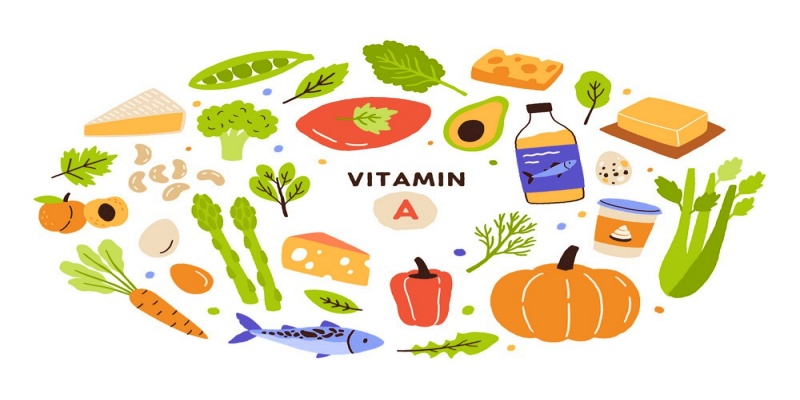

Vitamin A
When talking about vitamin A, we must know that it is one of the most important fat-soluble vitamins, as it is found naturally in orange fruits and vegetables, as well as some animal sources. It is worth noting that this vitamin mainly helps in supporting eye health, working on the production of tears and significantly improving their quality.
Foods rich in vitamin A include many items, such as carrots, oranges, and sweet potatoes. These sources contain substances called provitamin A, which the body must convert into vitamin A in the intestines. As for animal sources of vitamin A, they are found in dairy products and eggs, where the vitamin is considered here. Preformed, which means the vitamin is fully formed.
Multivitamins often also contain vitamin A in both provitamin forms. Therefore, when taking its supplements, this must be done under medical supervision.
Fourth: Nozinc
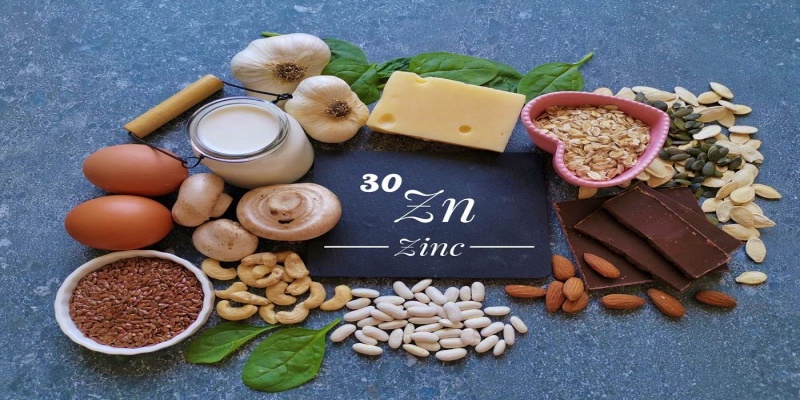

Zinc
Zinc is a mineral found in many foods that helps protect the eyes from light, promote retinal health, and support the eye to overcome dryness.
People who suffer from dry eyes can add more zinc to their daily diet by eating some foods such as legumes, grains, lean red meat, oysters, and poultry.
If you want to take zinc supplements, people who suffer from dry eyes should consult a doctor to evaluate their health condition.
Fifth: Vitamin E
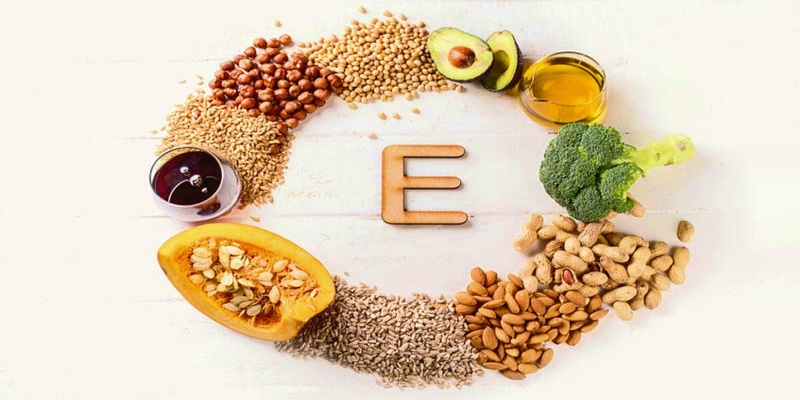

Vitamin E
Vitamin E is considered one of the most important fat-soluble antioxidants that can play an effective role in improving overall eye health and working to protect it as much as possible. It is worth noting that some research and studies have proven that antioxidant supplements containing vitamin E have improved the process of producing tears in the eyes and maintaining their hydration.
Among the best foods that provide vitamin E, we can mention red pepper, peanuts, almonds, wheat germ oil, and pumpkin seeds.
Sixth: Zeaxanthin and lutein
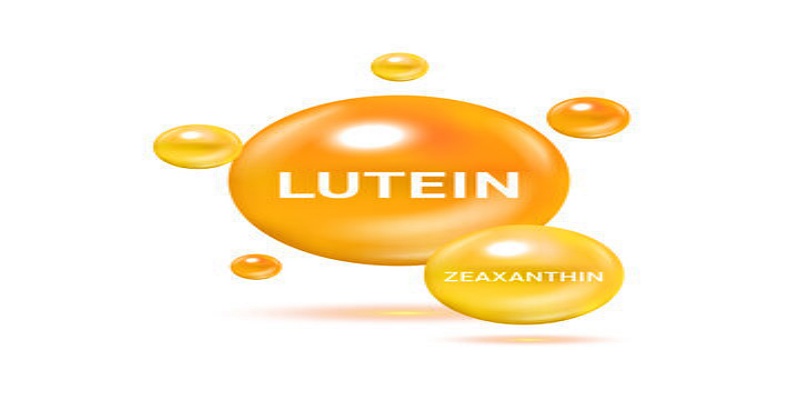

Zeaxanthin and lutein
Zeaxanthin and lutein are two types of antioxidants that can support eye health in general and combat dryness in particular. It should be known that these nutrients are found in a variety of foods, such as brightly colored vegetables and fruits such as grapes and green leafy vegetables such as kale and spinach, in addition to eggs.
Seventh: vitamin C
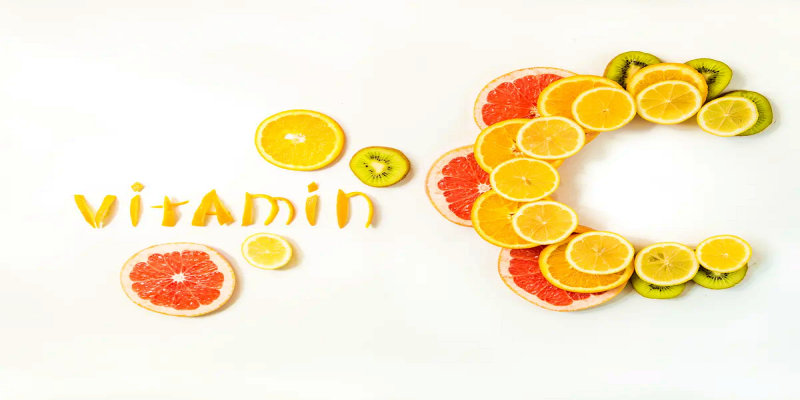

Vitamin C
Vitamin C is considered one of the best water-soluble vitamins as it helps treat many health conditions, including dry eyes, as well as supporting tear production.
Foods that contain vitamin C include cabbage, citrus fruits such as lemons, oranges, bell peppers, broccoli, and kiwi.

